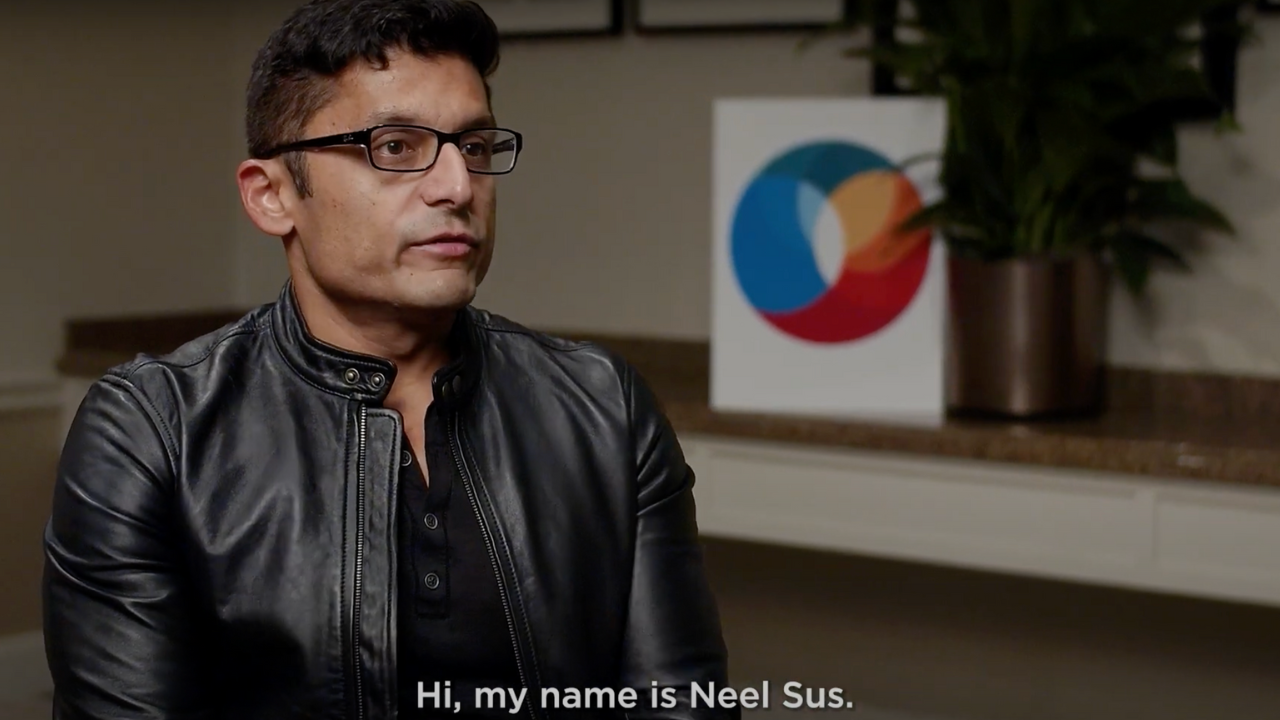A Note from the Editor: This article is a challenge to our consultant contingency to question where they fit and don’t fit amidst the whole of the transformational change process. We also put words to what many of the movement’s business owners are feeling as they determine who they can rely on to shepherd them through the evolution to greater consciousness. After you’ve read the article, please consider the invitation at the end to submit your own viewpoints on this topic for possible publication on the Elevations Blog.
Anne Bennet*, the CEO of a major food manufacturing company, was on fire to make her organization more conscious. She hired a consultant named Benjamin Corby* to help her articulate the firm’s path to purpose.
Benjamin excelled at Conscious Leadership coaching. He was a licensed psychotherapist who had spent two decades expanding his own consciousness as he supported leaders in expanding theirs. Benjamin led Anne and her executive team through purpose work that landed on the heartfelt goal of reducing childhood obesity by removing calories from the company’s products. He then supported the team in learning to listen to each other more deeply, and in sharing each of the personal ties they felt to this emerging company purpose. With Benjamin’s support, the team let go of past resentments and wounds that were still showing up in the workplace, clearing the way for the work they would now undertake together.
Then Benjamin did something courageous. He stepped aside.

Benjamin knew that Anne’s long-term success would rely on her team’s ability to bring the company’s operations and culture into alignment with this new purpose. His experience taught him that defining purpose required a set of skills that were different from the move into living the purpose. For the next critical step to occur, Anne would need the support of management professionals to guide the nuts and bolts of implementation to explicitly link the purpose to the strategy, operations, and culture of the firm. This management support would be key to making the purpose meaningful, credible, and believable.
“In a way, you could say this is an example of the rise of ‘Conscious Consulting’ within the Conscious Capitalism movement,” said Timothy Henry, who guides aspiring Conscious Capitalists as co-CEO and managing partner of Bridge Partnership.
Previously, Henry was a principal at Booz Allen Hamilton in New York and Tokyo, and currently works with both Fortune 20 and owner-managed businesses across the globe while at the same time acting as a cofounder and trustee of Conscious Capitalism. He has a vantage point that allows him an understanding of what it takes to orchestrate the full transformation of a complex system.
In his experience, the key is for a CEO to find a single consultant who can work alongside him or her and co-own the organization’s transformation or—as Henry prefers to put it—the journey to being a truly consciousness business. This role is an architect of sorts with dual responsibilities. This architect is tasked with holding the full picture of all the complexities at play while also acting as team captain to the numerous coaches, facilitators, and organizational culture-change professionals who will bring their unique genius to each challenge the organization will face while evolving.
Often, it takes this village to create a Conscious Capitalism organization. In Henry’s experience, specialized consultants add amplified value when brought together under the guidance of this lead architect, who has worked for a strategy firm or major consulting firm, who is fluent in strategy and operations, and who has experience in the more conscious elements of leadership development and organizational culture.
As a lead architect of transformation, Henry has lived on both sides of the bridge his clients are being challenged to cross. He once lived in the old world the company is shifting away from, where purpose was given no consideration and profit was the only measure of success. His personal experience, combined with his ability to speak business talk with the non-believers, is what builds credibility and puts Conscious Capitalism into a context where those people challenged by the language can understand it intellectually so they can then open their hearts. That credibility is imperative. Without it, they cannot hear him when he says, “That’s a great purpose, and your organization isn’t capable of delivering on it yet. There is foundational work to be done before you can make that leap.”
It is within this foundational work that specialized consultants can become invaluable. Over the last ten years, the Conscious Capitalism movement has attracted an increasing number of consultants and coaches with remarkable niche expertise, particularly related to the work of consciousness. These are the experts who help articulate purpose, who specialize in unearthing and defining the values inherent to the organization, and who focus on the behavior change required to live in alignment with those values or on teaching teams to hear one another differently. These are the consultants and coaches who heal teams and organizations from the damage they inherently inflict on one another as they grow, and who tell the stories about what is occurring so the entire stakeholder ecosystem can bear witness to the miracle of transformation.
The Conscious Capitalism movement is blessed to be supported by this ever-expanding array of Conscious Consultants and coaches who are passionate about the movement and eager to serve the kinds of leaders who are drawn to our chapters and events.
However, because the world of capitalism has been perceived to have moved too far towards greed and harm, there is a natural tendency to swing the pendulum in the other direction, focusing almost entirely on purpose work, values work, and culture change. These can all be intoxicating aspects of the work, and they are integral to the transformation process when they are advanced in lockstep with strategy and operations. But when the lead consultant doesn’t have experience with large-scale transformation, strategy and operations can get kicked to the curb and companies can suffer serious repercussions. Just as an overemphasis on capitalism can result in unhealthy consequences, an overemphasis on consciousness can do the same. As Henry says, “Conscious Capitalism is not an excuse for not having a sound business model and strategy.”
When addressing this topic, Henry spoke of the heaviness he felt when he saw consultants “step out in front of their own headlights,” taking on more than their expertise was capable of supporting. “That’s when well-intended consultants can do harm to an organization, sometimes without realizing it.”
From Henry’s perspective, this potential to do harm is why it is critically important for Conscious Consultants and Conscious Coaches to understand where they fit into the whole system of transformational change so they can serve companies and leaders responsibly. For a Conscious Consultant like Henry, this is a tricky topic to navigate. He was careful, earnestly not wanting to diminish any other consultant or coach, while it was also obvious how much he cared about the conversation.
“There are many consultants who have trouble putting on the brakes when they are getting to the edge of their expertise. That’s the fear I have,” he admitted. “This is where I sometimes feel like I come raining on the parade, but I don’t want us to be naïve. Only 20 or 30% of transformation efforts work because it’s so hard to make these changes stick. As Conscious Consultants, we have a responsibility to get this right—both to the companies we serve and to the Conscious Capitalism brand that we represent.”
For years, Henry has wanted to put together a first-class certification program for Conscious Capitalism, to give individual practitioners or small firms a better chance at succeeding without doing harm. The question is, as Henry puts it, “What is the wisest way of helping them on that journey?”
Of anyone in the movement, it seems that Timothy Henry is best positioned to answer that question.
Contribute Your Opinion: We are eager to hear varying viewpoints on the role consultants play in advancing Conscious Capitalism. This article touches on the importance of consultants remaining within the realm of their expertise, on the ways an overemphasis on consciousness can become detrimental, and on the importance of organizations finding a consultant capable of supporting the whole system amidst transformation. If your views align with those of this article, or if you have another perspective you believe is important for the movement to consider, we welcome your opinions. Responses will be considered for publication on the Elevations Blog. Please submit your responses to Dan Dement at dan.dement@consciouscapitalism.org.
Timothy Henry is a co-author, with Raj Sisodia and Thomas Eckschmidt, of The Conscious Capitalism Field Guide: Tools for Transforming Your Organization.
*The names of Anne Bennet and Benjamin Corby have been changed for purposes of privacy.



